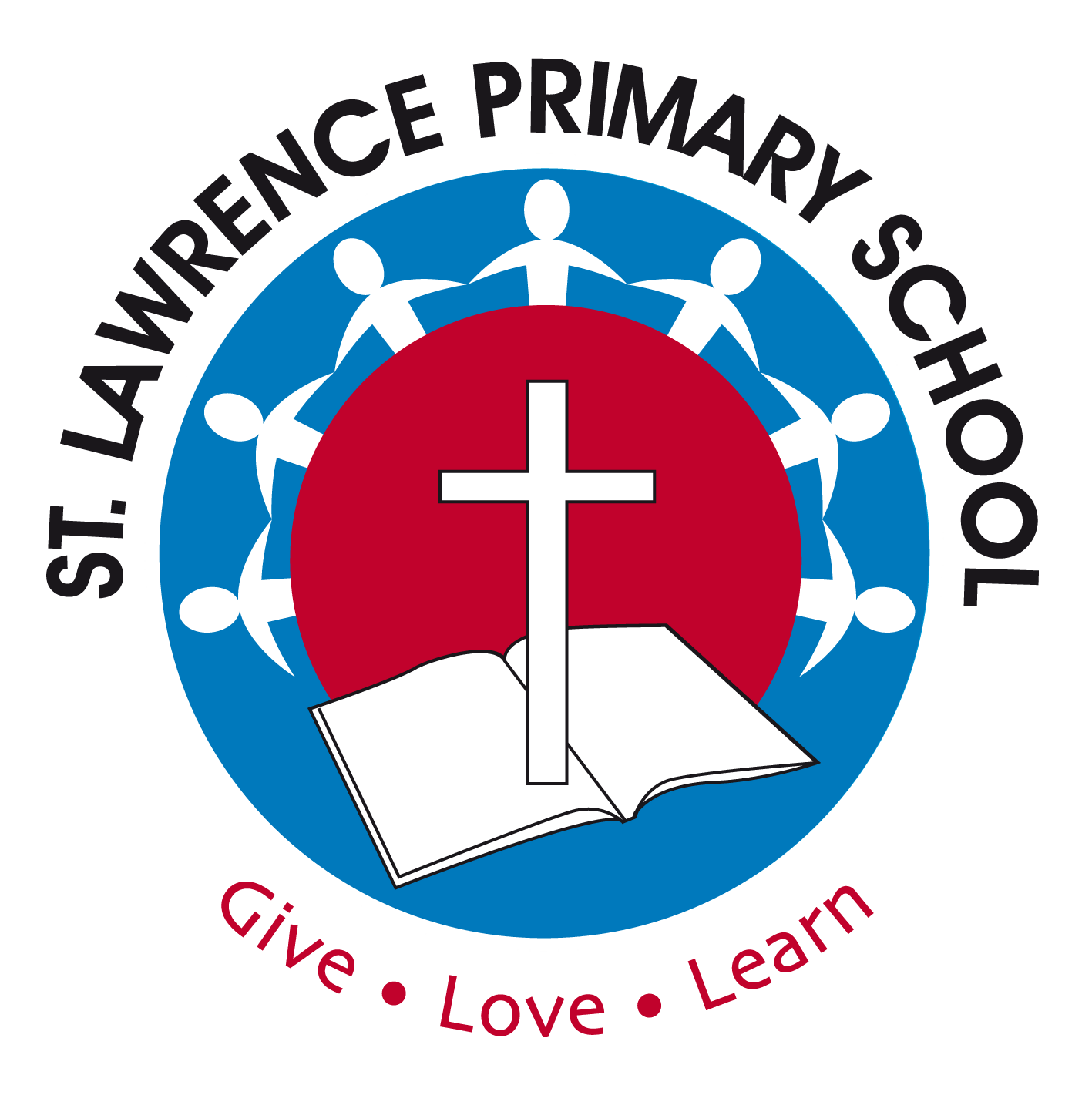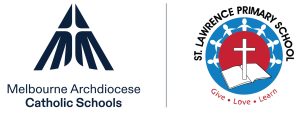At St Lawrence we aim to provide a Mathematics program that enables students to become lifelong learners.
We provide opportunities for students to build mathematical skills and thinking processes and apply these with confidence, understanding, purpose and enjoyment. We endeavour to support students to build their capacity to solve problems efficiently. Our Mathematics program enables students to acquire and develop mathematical language, skills, knowledge and understanding. We provide students with a supportive learning environment based on differentiation to enable and extend learners. Staff at St Lawrence strive to equip children with strategies that enable learners to apply mathematics to real and unfamiliar situations, within and beyond the classroom. Students are encouraged to make active contributions to their own learning, by developing the skills of independence and inquiry required to work confidently and competently in mathematical settings. Students are encouraged to see the connections between Mathematics and other subject areas by using mathematical concepts, skills and processes to pose and solve problems across the curriculum. The school promotes the use of digital technologies in Mathematics, providing new tools for mathematical exploration and invention.
Learning and teaching based on student needs is identified using monitoring and assessment methods such as pre-assessments, rich assessment tasks, one-on-one interviews and class observations. Students are provided with a variety of learning contexts including hands on materials, open-ended tasks and challenging learning tasks. The mathematics lessons follow the research-based Launch, Explore and Summarise model, as detailed below:
- Launch: The purpose of this section is for the teacher to give students the information they need to do the lesson and solve the problem or task.
- Explore: During this section of the lesson students work independently or in small groups to solve the problem. The teacher’s role is to move from group to group and listen closely to students’ thinking, helping students who are stuck or ready to move ahead by using enabling and extending prompts. In the first ten minutes of this section teachers may choose to facilitate a small focus group teaching session based on students’ pre-assessment data.
- Summarise: The purpose of this section is to orchestrate whole-group student discussion about discoveries students made during the Explore section of the lesson.
- Teacher Focus Groups: During the Explore part of a Maths Lesson, when students are exploring concepts independently, teachers run small Teacher Focus Groups that hone in on a particular skill that a group of students require. Teacher Focus Groups are an opportunity for teachers to explicitly teach skills to certain students based on their needs.
At St Lawrence we strive to create lifelong learners who are critical thinkers and problem solvers in mathematics so that they have the ability to apply learning and understandings in a variety of contexts in order to solve real life problems.

